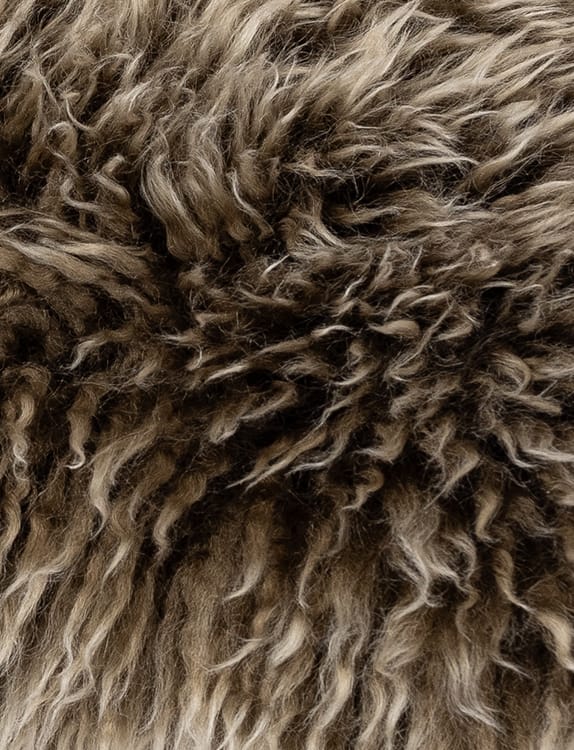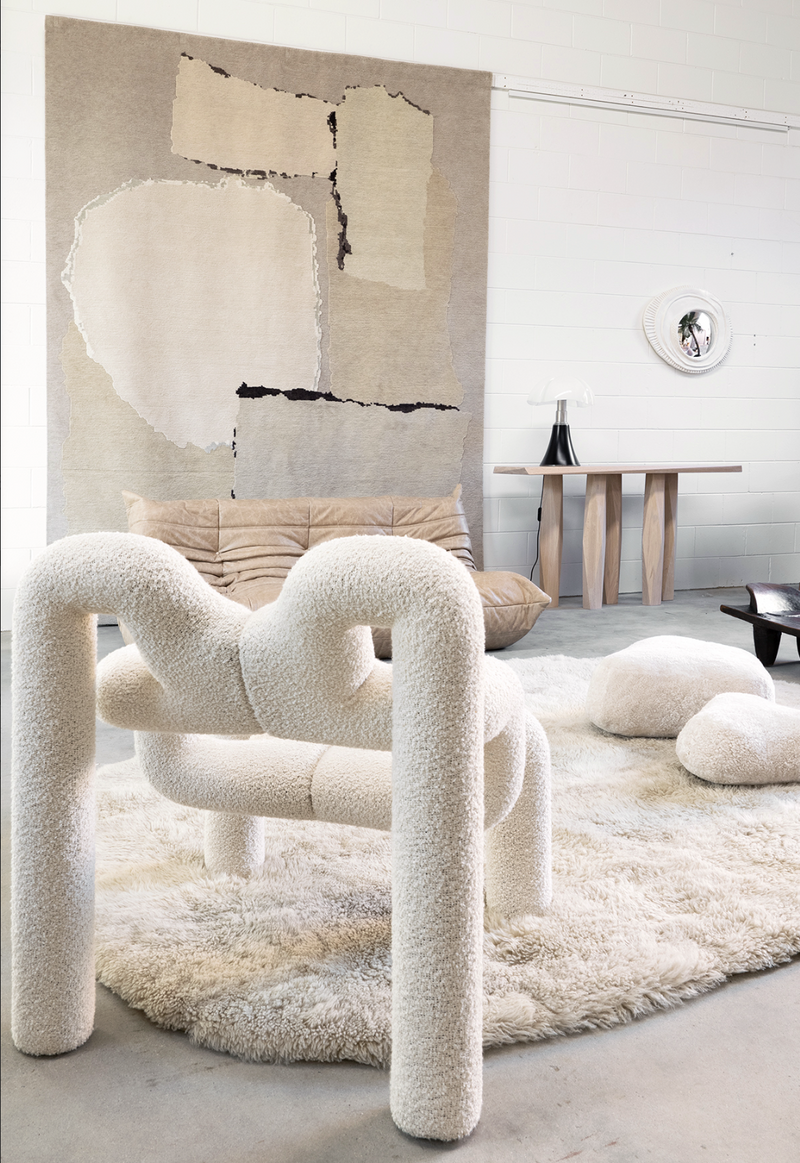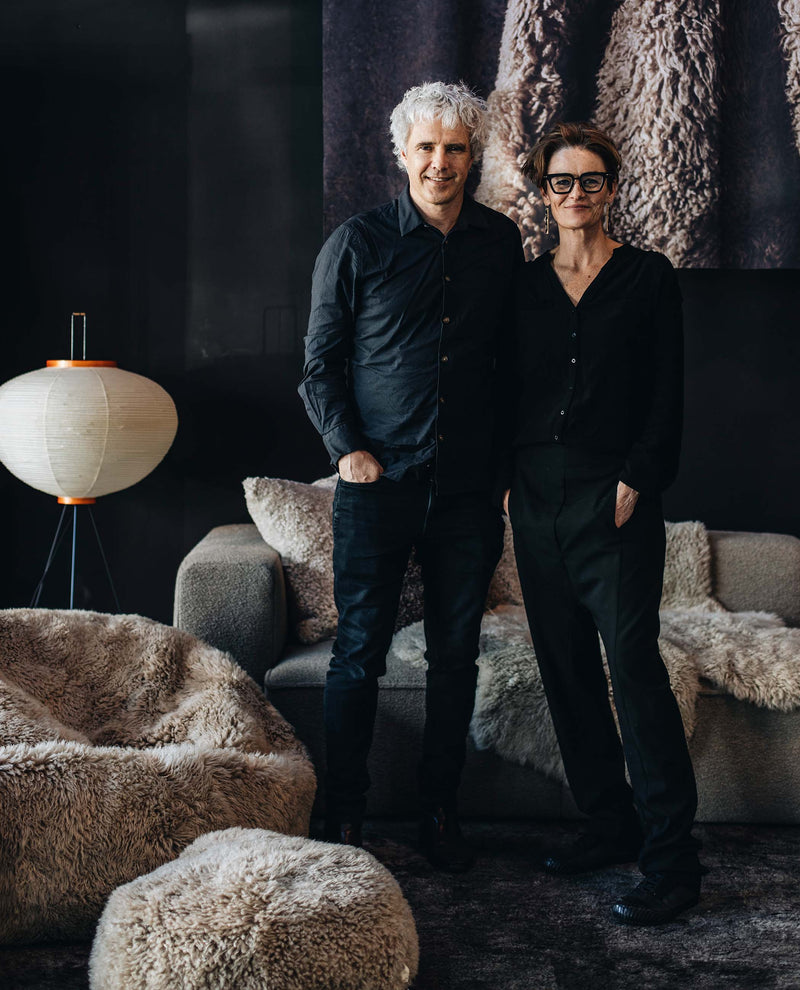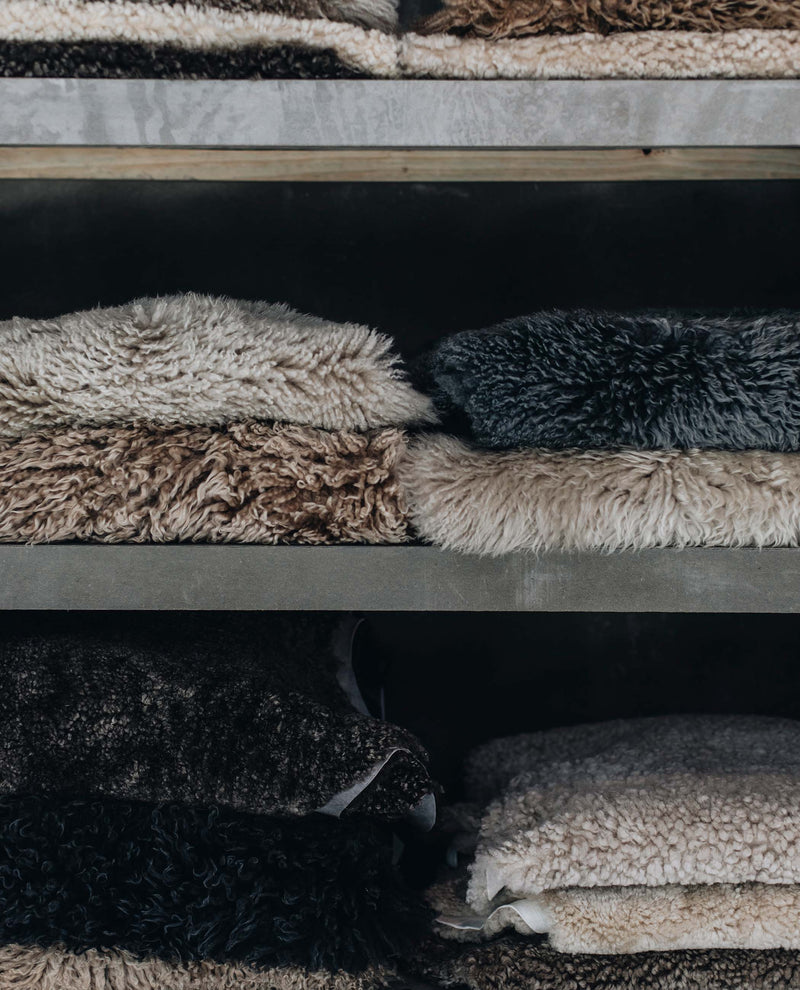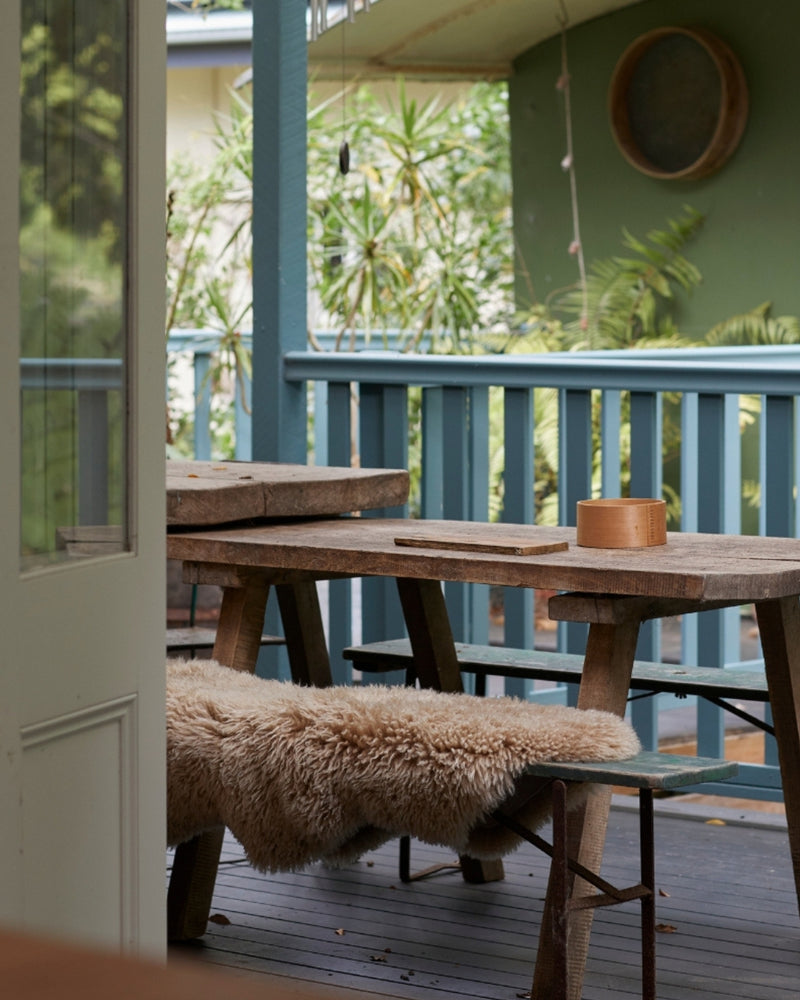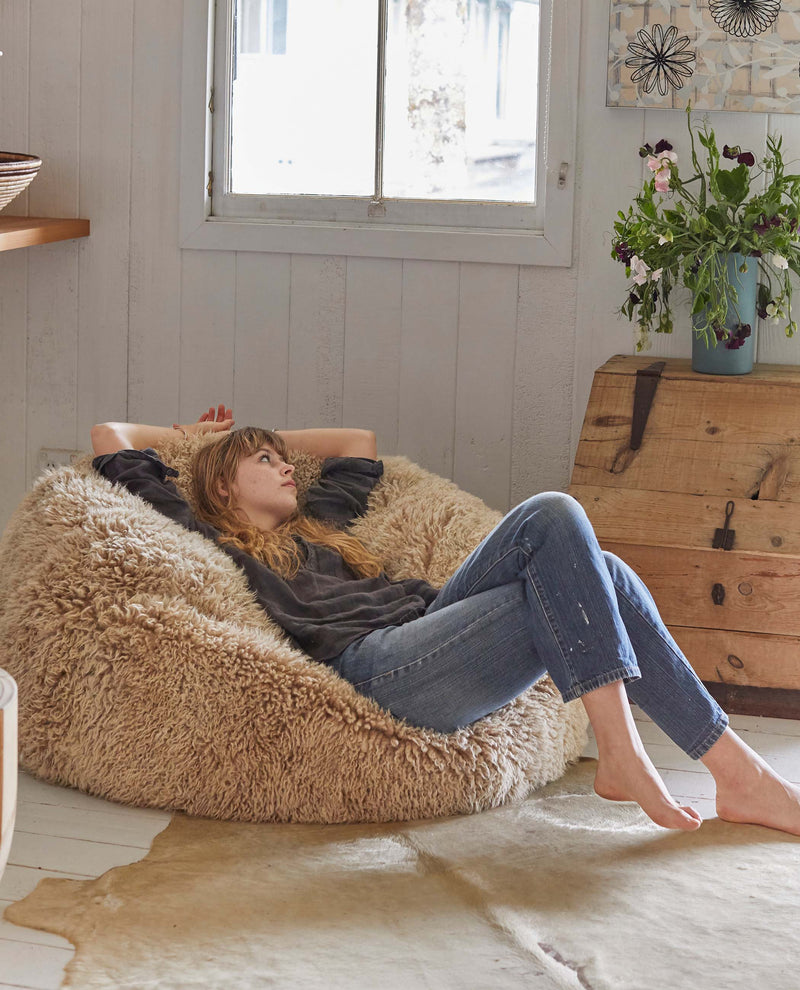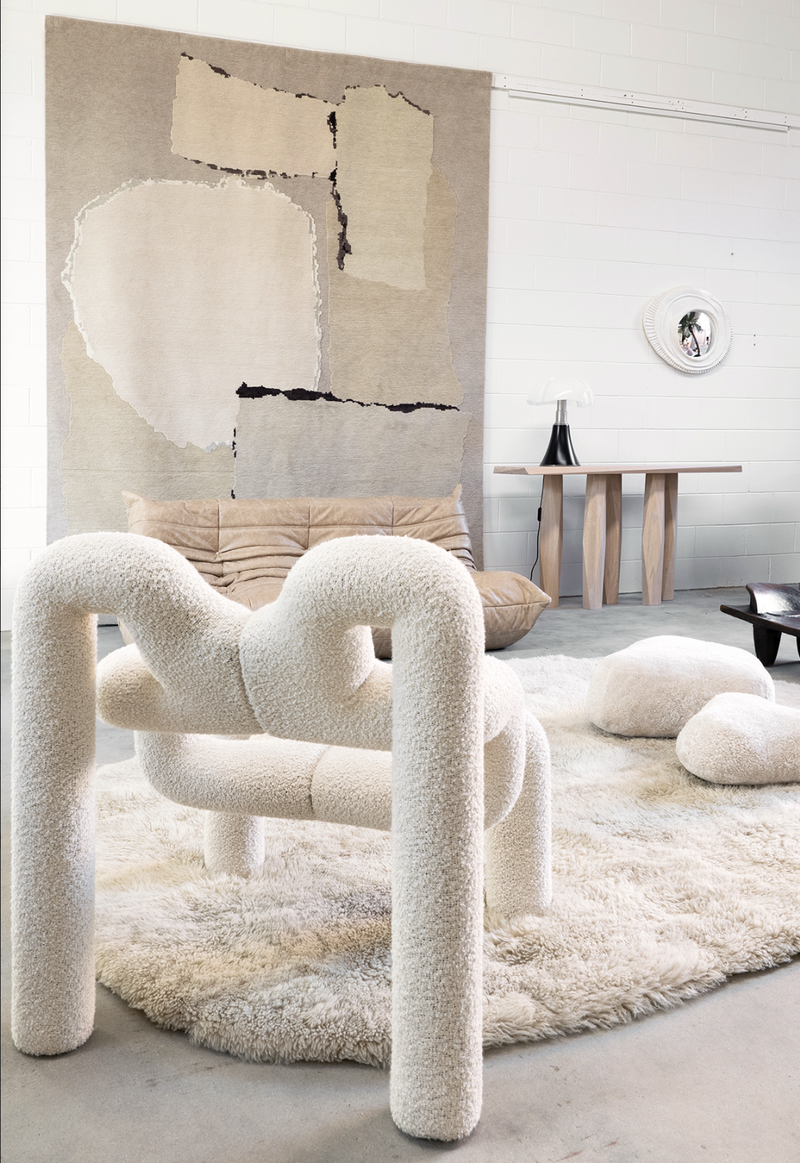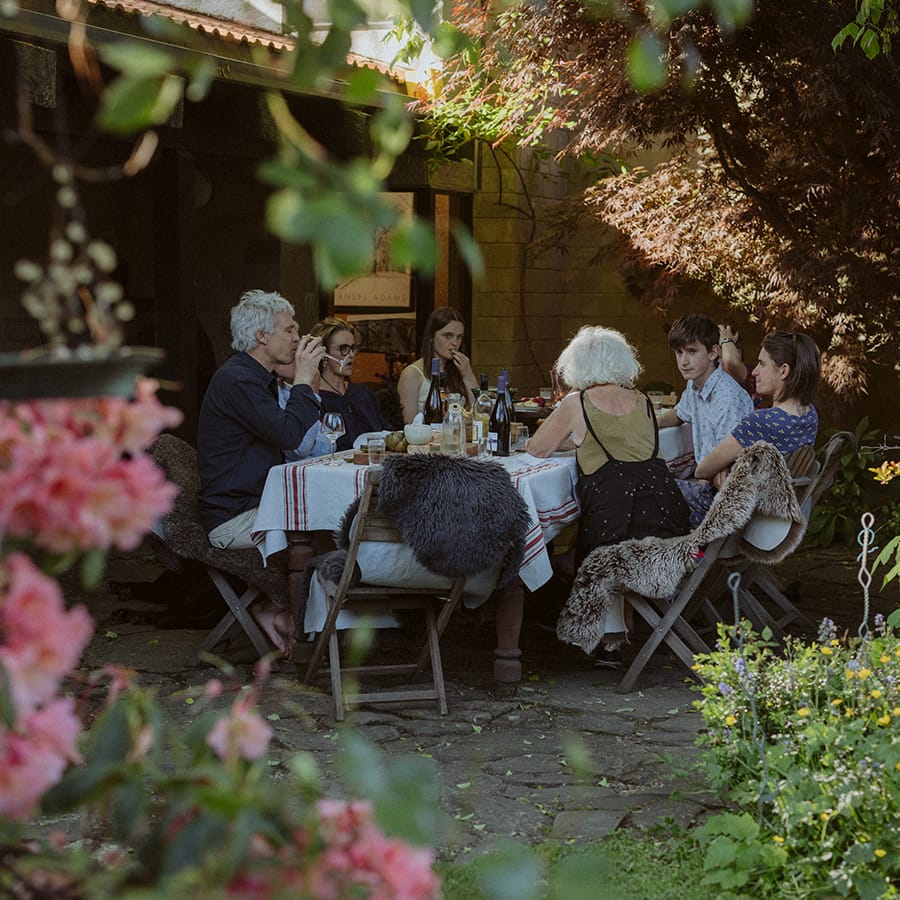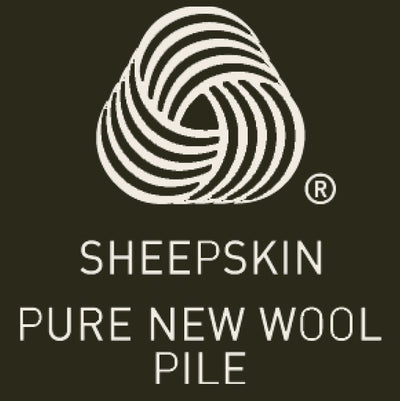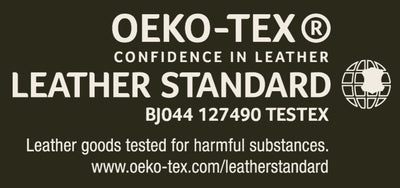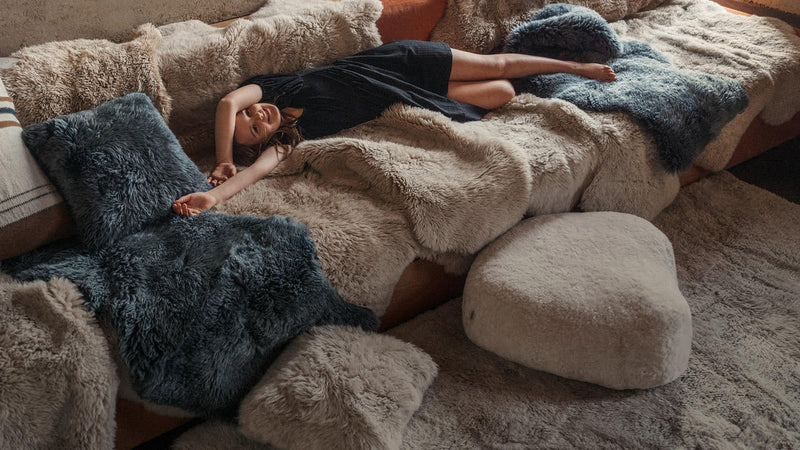Sustainability
From local initiatives to systematic changes in our factory, we’re committed to creating sustainable practices throughout our supply chain.
From our inception, we have partnered with Auskin Group to manufacture our product range. The relationship runs over 35 years, in fact Ben’s dad, Robert, helped set up this factory back in 1997 and we hold a small shareholding in this business. They are the only manufacturing partner we have, so the relationship is very important to us and we have a vested interest in their performance.
Like us, Auskin are on a journey to create more sustainable practices throughout the supply chain.
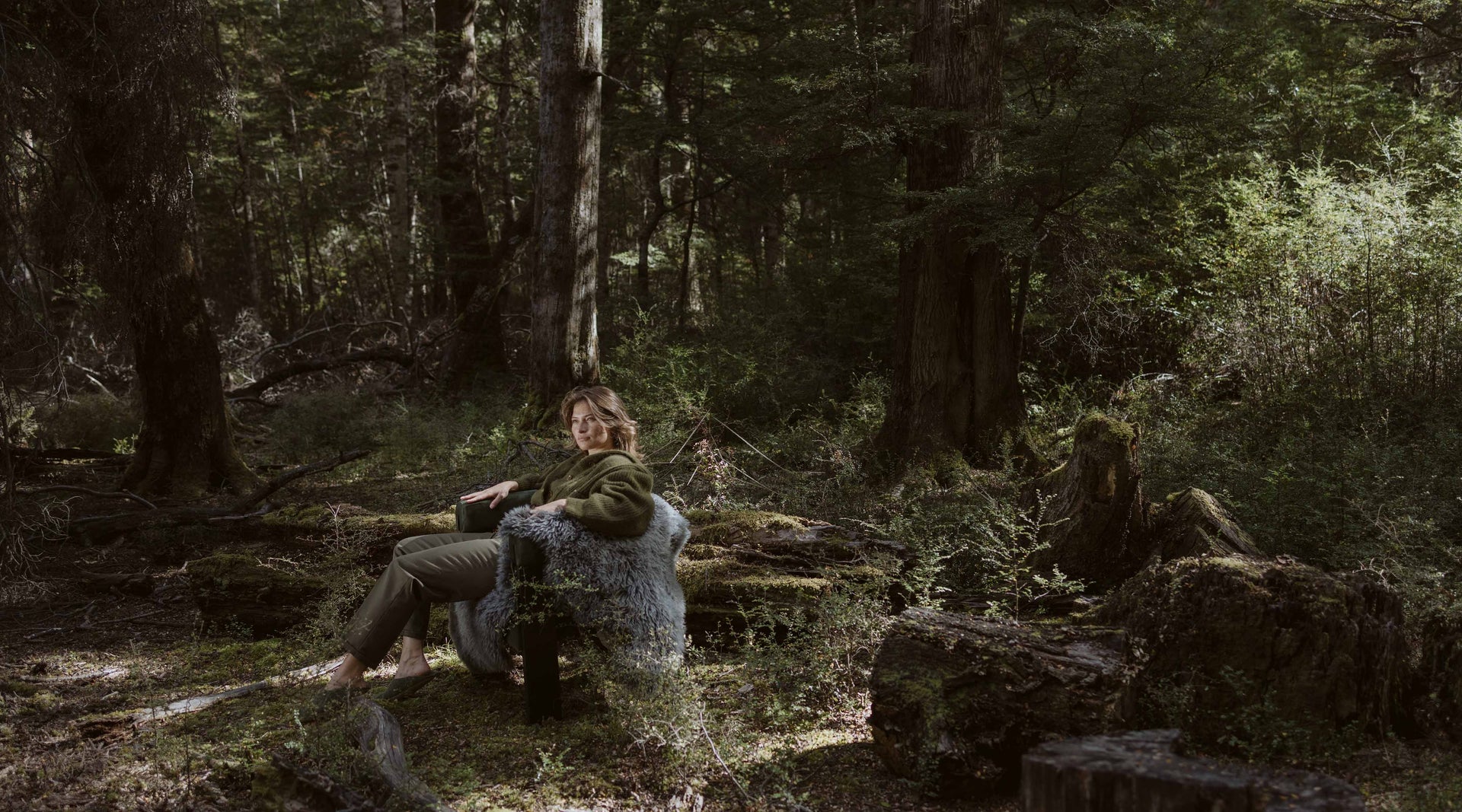
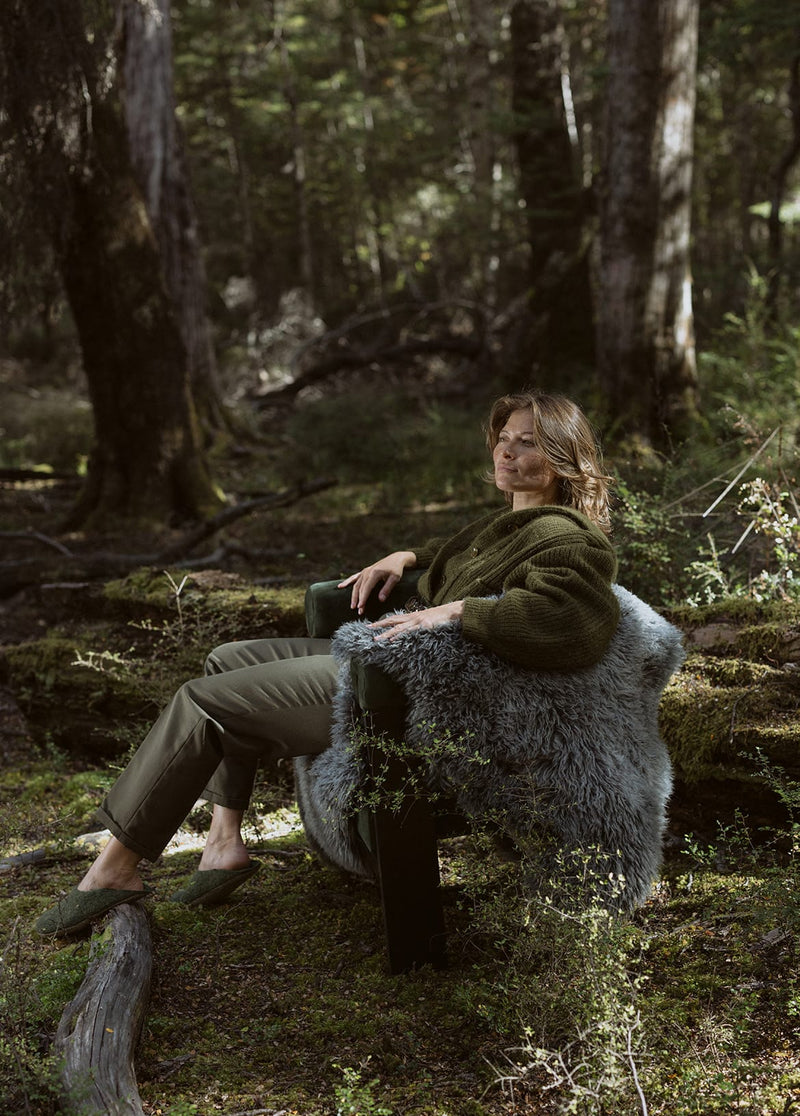
Recent achievements for AUSKIN
Water:
• In the past 5 years, they have achieved an impressive annual decrease of 15% in water use. They remain committed to further improvements.
• The installation of a new water treatment plant has been instrumental in helping them exceed regulatory requirements.
• Approximately 70% of the water used is either reused or recycled.
Energy Reduction:
• The factory utilises revolutionary Auto-Tanning technology, which contributes to the reduction of chemicals, water, energy and COD emissions (Chemical Oxygen Demand). COD is the amount of dissolved oxygen that must be present in water to oxidise chemical organic materials like petroleum. COD is used to gauge the impact that the organic materials will have on the oxygen levels of receiving waters. With the use of this revolutionary technology, they have reduced COD emissions by 10%.
• In 2017 they decommissioned their coal boiler and transitioned to natural gas. This switch has resulted in a substantial reduction in carbon emissions.
• They use environmentally friendly energy alternatives, such as solar power, to decarbonise the production processes. The solar panels efficiently heat up to 2,000,000 litres (approximately 530,000 gallons) of water per week. The tannery is located in the North of China (just north of the Great Wall), where sunshine is abundant.
• They have implemented innovative systems where heat generated from drying rooms is captured to produce hot water. In turn, the resulting cold air is repurposed for employee air conditioning, ensuring efficient utilisation of energy outputs.
• They have installed advanced conveyors and equipment that not only streamline the processes but also reduce the need for forklift usage. This saves energy but also contributes to a lower carbon footprint.
Minimising the Chemical Impact:
• New enzyme technology is used to reduce the use of detergents and surfactants by 30%.
• Chemical recycling through the advanced Auto Tan technology enables an annual reduction of 15% use of chemicals.
• With low levels of safe chemicals, Auskin are able to achieve the OEKO-TEX LEATHER STANDARD for the safety of products in close contact with human skin.
• Salt is recovered from the curing process and recycled into the tanning process, resulting in a 95% reduction in salt purchased.
• The production process used for W&D’s product range is completely chrome free.

